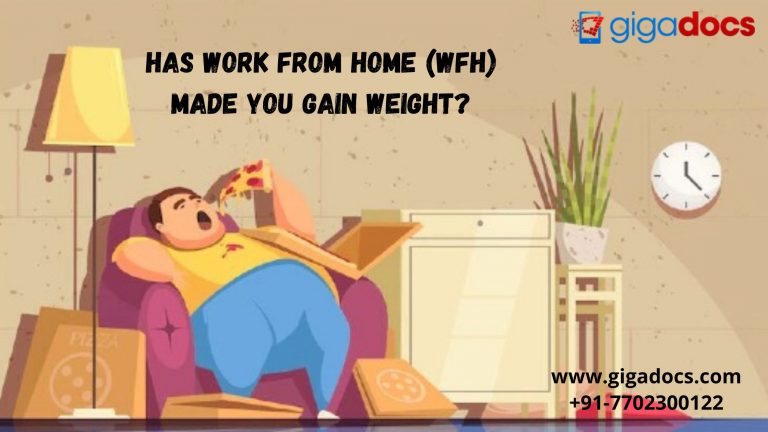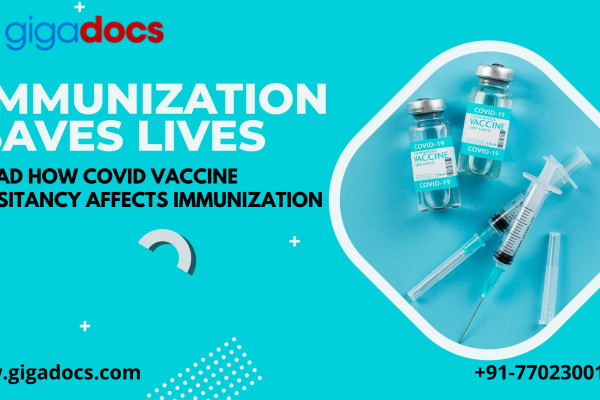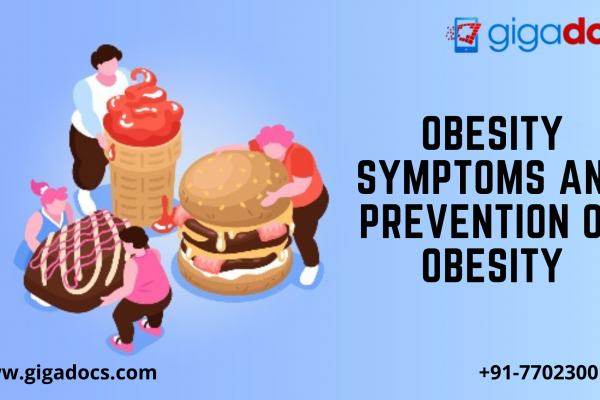Working from home sounds like a dream to many people—no noisy coworkers, no commute related hassles, and no one telling you to dress up. However, while working from home may give you more time to exercise and prepare healthy meals, it may pose some physical challenges.
Most of us working from home would have faced lethargy. Ever wondered why? When people reach the age of 35, they often gain weight, especially around their midsections, especially if they follow a comfortable WFH schedule. As you age, even if you exercise and have a regular balanced diet, your metabolism slows down, making weight loss very difficult.
You may recall that maintaining a healthy weight was more manageable when you were younger. You remember there was a tie when you could eat what you ate and even shed weight as you wanted, simply changing your exercise routine and diet changes; however, it is not the case now. Age-related weight gain is real and affects all as they age. Fortunately, you can promote weight loss and weight management after 35 by making simple dietary and lifestyle shifts.
Why Do We Put on Weight After 35?
Weight gain associated with old age is frequently genetic. For many people, it’s just a side effect of growing older. While many reasons exist for people to gain weight after they turn 35, however here are the main reasons why most of us are not able to shed weight after 35-
- Hormones: Hormones begin to change for most people in their mid-30s and early 40s. At this age, men produce less testosterone and women less estrogen, which leads to fat accumulation around the waist.
- Muscle loss: By their 40s, the majority of people have begun to lose muscle mass, which continues to decline as they get older. Researchers believe that as people get older, the number and size of muscle fibers decrease, and the motor units that stimulate those fibers fire less frequently. That’s why older adults are frequently advised to do strength training.
- Lower Metabolism: After the age of 35, your metabolism undergoes several changes. The first is that your basal metabolic rate (BMR) drops, and the second is that you expend less total energy while exercising.
- Sitting for long hours: Technological advancements and increasing WFH have led to sedentary lifestyles. Too much sitting is associated with a slew of health problems. The most serious are obesity, type 2 diabetes, and cardiovascular disease. You need to get up, stretch your legs and walk a bit to stay fit. Standing desks are a popular alternative to sitting for many people.
Unhealthy Eating Habits
According to studies, unhealthy eating habits that rely heavily on processed foods, added sugars, refined carbohydrates, and excessive alcohol can exacerbate weight gain and obesity, especially after 30. Sugar, refined carbs, and processed foods should all be avoided in your diet. As a substitute, eat more colorful fruits and vegetables, lean protein, whole grains, low-fat dairy, and healthy fats.
If you’re gaining weight as you get older, don’t panic or obsess about it. While it may be tempting to follow a restrictive fad diet that promises quick weight loss, these diets rarely work in the long run and frequently result in weight gain. Focus on feeling better rather than thinking about a number on the scale, which begins with a healthy, balanced diet rich in nutrient-dense whole foods.
Healthy Advice from Gigadocs
We only have so much control over what happens to our bodies as we get older. But if we do everything we can, to keep our bodies healthy and fit, it’s much easier to accept them. Make the most of your body by eating healthy, nutrient-dense foods and exercising regularly.
If you’re unsure which diet and exercise plan is best for you, consult a dietitian on Gigadocs. A nutritionist or registered dietitian can also assist you in developing an eating plan that is specific to your needs. Remember that growing older is a natural part of life, and changes to your body are inevitable. As you get older, be kind to yourself. That’s what you need the most as you move into the next stage of your life.
Gigadocs is here for all your healthcare needs; as you age, download the Gigadocs app to book the best doctors near you, consult with expert dietitians, and book diagnostic tests for specialist consultation.
To book a specialist, download the Gigadocs App from
- IOS App – apple.co/2W2iG4V
- Android App – bit.ly/33AQoRC




